The real estate market in Toronto is changing. Understanding how supply and demand affect the market is key to predicting future home prices.
Toronto is a growing city with limited space, so the Toronto housing supply and demand forecast plays a huge role in shaping what happens next.
So, how do supply and demand impact home prices, and what does this mean for potential buyers and sellers?
Here, we will explain how these factors work together, how they affect home prices, and what to expect in the future.
Understanding the Basics of Supply and Demand
Supply and demand are simple concepts, but they have a big impact on real estate. Here’s how they work:
- Supply means how many homes are available for sale.
- Demand means how many people want to buy those homes.
When there are many buyers and few homes for sale, prices go up. But if there are many homes and fewer buyers, prices usually go down.
In Toronto, the situation is more complicated because of factors like population growth, government rules, and the amount of land available for new developments.
What is the Toronto Housing Supply and Demand Forecast?
The Toronto housing supply and demand forecast is an estimate of how the number of homes available and how many people want to buy them will change in the future. Experts use factors like:
- Population growth
- Interest rates
- The economy
- Government policies
Many experts predict that demand for homes in Toronto will continue to outpace supply. With more people moving to the city and not enough new homes being built, the supply can’t keep up with the demand. This means home prices are likely to keep going up, making it harder for buyers to find affordable homes.
Why Is There a Toronto Housing Supply Shortage?
One of the biggest reasons for rising home prices in Toronto is the housing supply shortage. Here are some reasons why:
- Limited Land: Toronto is a big city, but there’s not much land left for new housing. The city’s population is growing, but space for new homes is limited, especially in popular neighborhoods.
- Zoning and Regulations: Some areas have rules that make it harder to build new homes. Strict zoning laws can slow down how quickly new homes get built.
- • Slow Construction: The process of building new homes can be time-consuming. Construction delays can happen because of things like labor shortages or higher material costs.
All of these issues mean there are not enough homes to meet demand. As a result, home prices keep going up, making it harder for buyers to find affordable properties.
How Does Immigration Affect the Toronto Housing Market?
Toronto is one of the most diverse cities in the world, and many people move there from other countries.
This increased immigration adds more demand for homes in the city. As more people move to Toronto, the competition for homes gets tougher. More buyers in the market means higher prices.
With the Canadian government continuing to welcome more immigrants, this trend is expected to keep going, which will continue to put pressure on the housing market.
What Are the Future Home Price Predictions for Toronto?
So, what can we expect for home prices in Toronto? Experts predict that prices will keep going up for the next few years.
The Toronto housing supply and demand forecast shows that limited supply and high demand, plus factors like immigration and interest rates, will likely drive prices higher.
Some experts think prices may rise faster in various areas of Toronto. Neighborhoods near downtown, close to transit, or with excellent schools will probably see the price increases.
However, if interest rates go up, it might slow things down a bit. Higher interest rates could mean fewer people can afford to buy, which might reduce demand and help bring prices down a little.
Government Policies and Their Impact on Toronto Real Estate
Government policies are another factor shaping the Toronto real estate market. In recent years, the provincial and federal governments have introduced policies to cool down the market and make homes more affordable. Some of these policies include:
- Foreign Buyer Taxes: The Ontario government has introduced taxes on foreign buyers to reduce speculation and ensure residents have access to homes.
- Rent Control and Vacancy Taxes: These measures aim to control rising rents and stop property owners from leaving homes empty.
- Affordable Housing Programs: The government has been investing in affordable housing to help people who can’t afford to buy a home in the open market.
While these policies might slow down price growth a little, they likely won’t fix the housing supply shortage in Toronto. The supply of homes is still not enough to meet the demand.
What Does This Mean for Buyers and Sellers?
For buyers, the Toronto housing market will likely remain competitive. Working with real estate brokerages in Ontario can help you find the best deals, negotiate offers, and make better decisions.
For sellers, this is a favorable time to take advantage of rising prices. However, it’s important to price your property correctly.
Overpricing your home could scare off potential buyers, so it’s crucial to understand the market and price your property with what consumers are willing to pay.
Conclusion
Toronto’s housing market remains competitive, with supply struggling to keep up with demand—creating both challenges and opportunities. For real estate agents looking to thrive in this dynamic market, aligning with the best real estate brokerage to work for in Toronto can be a game-changer.






